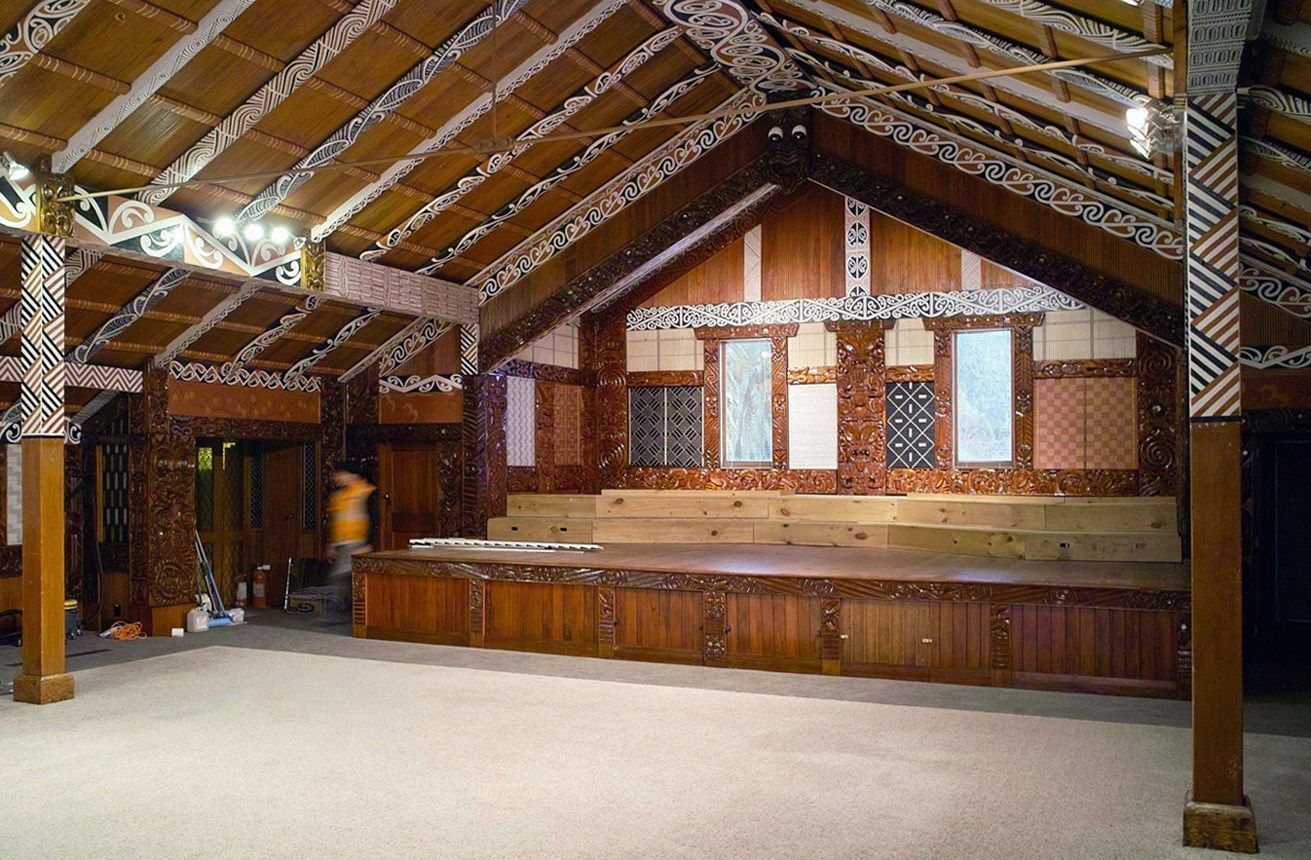The Legacy of Kiingitanga
A Journey Through the Life of Kiingi Tūheitia

The passing of Kiingi Tūheitia Pōtatau Te Wherowhero VII marks a significant moment in Aotearoa New Zealand’s history.
As we reflect on his life and leadership, it’s essential to understand the origins of the Kiingitanga movement and the role it has played in shaping the nation.
The Birth of Kiingitanga
The Kiingitanga movement was established in the 1850s as a unifying force for Māori across Aotearoa. In response to increasing European settlement and the growing pressure on Māori land and sovereignty, the chiefs of several iwi (tribes) sought a way to preserve their land, culture, and independence. The idea of a Māori King, who could unite the iwi and provide a central figure of authority and leadership, was born.
In 1858, Pōtatau Te Wherowhero, a respected leader of the Waikato iwi, was crowned the first Māori King. This was a momentous occasion, as it marked the beginning of a movement dedicated to the preservation of Māori identity, land, and self-determination. The Kiingitanga has since become a symbol of unity and resistance, standing as a beacon of Māori strength and resilience through challenging times.
The Role of the Māori King
The role of the Māori King is not one of absolute power but of guidance, representation, and advocacy. Each successive King or Queen has worked to protect the rights and interests of Māori, foster unity among the iwi, and maintain the cultural traditions that are central to Māori identity.
Over the years, the Kiingitanga movement has navigated the complex landscape of colonialism, land confiscations, and the ongoing struggle for Māori rights. The movement has been instrumental in advocating for the return of land, recognition of the Treaty of Waitangi, and the revival of te reo Māori (the Māori language) and tikanga (customs).
The Life and Leadership of Kiingi Tūheitia
Tūheitia Pōtatau Te Wherowhero VII, born Tūheitia Paki in 1955 in Huntly, was the seventh Māori King, following in the footsteps of his mother, Te Arikinui Dame Te Atairangikaahu, who held the position of Queen for 40 years. Educated in Waikato and Auckland, Kiingi Tūheitia brought a strong sense of continuity to the Kiingitanga movement while also navigating the challenges of modern leadership.
His reign began in 2006 and was marked by a deep commitment to the wellbeing of Māori and the promotion of unity. Kiingi Tūheitia was a vocal advocate for the health and education of Māori, understanding that these were key areas where improvements could make a profound impact on the lives of his people. He worked tirelessly to address disparities and support initiatives that aimed to uplift Māori communities across the country.
One of Kiingi Tūheitia’s significant achievements was his involvement in the Whānau Ora programme, which aimed to improve the social and economic wellbeing of Māori families by empowering them to take control of their own futures. His leadership in this area was a testament to his belief in the strength and potential of whānau (families) as the foundation of Māori society.
Another important aspect of his reign was his focus on the environment. Kiingi Tūheitia was a staunch advocate for the protection of Aotearoa’s natural resources, recognising the deep connection between Māori and the land. He supported initiatives that promoted sustainable practices and the protection of waterways, forests, and other taonga (treasures) of the natural world.
A Legacy of Unity and Strength
Kiingi Tūheitia’s legacy is one of unity, resilience, and a deep commitment to the wellbeing of Māori. His leadership was characterised by a quiet strength and a determination to see his people thrive in a rapidly changing world. Under his guidance, the Kiingitanga movement continued to be a source of inspiration and pride for Māori, as well as a crucial advocate for their rights and interests.
As we reflect on the life of Kiingi Tūheitia, we also look back on the history of the Kiingitanga movement and its enduring significance in Aotearoa. The movement has been, and continues to be, a vital part of the Māori struggle for self-determination, cultural preservation, and justice.
Honouring the Past, Looking to the Future
The passing of Kiingi Tūheitia marks the end of an era, but his legacy will undoubtedly continue to inspire future generations. As we honour his memory, we also acknowledge the ongoing journey of the Kiingitanga movement and the vital role it plays in the lives of Māori and in the history of Aotearoa New Zealand.
Through the leadership of Kiingi Tūheitia and his predecessors, the Kiingitanga has remained a powerful force for unity and strength. As the movement continues to evolve, it will undoubtedly continue to be a source of guidance and inspiration for Māori, ensuring that their voices are heard, their rights are protected, and their culture is preserved for generations to come.



